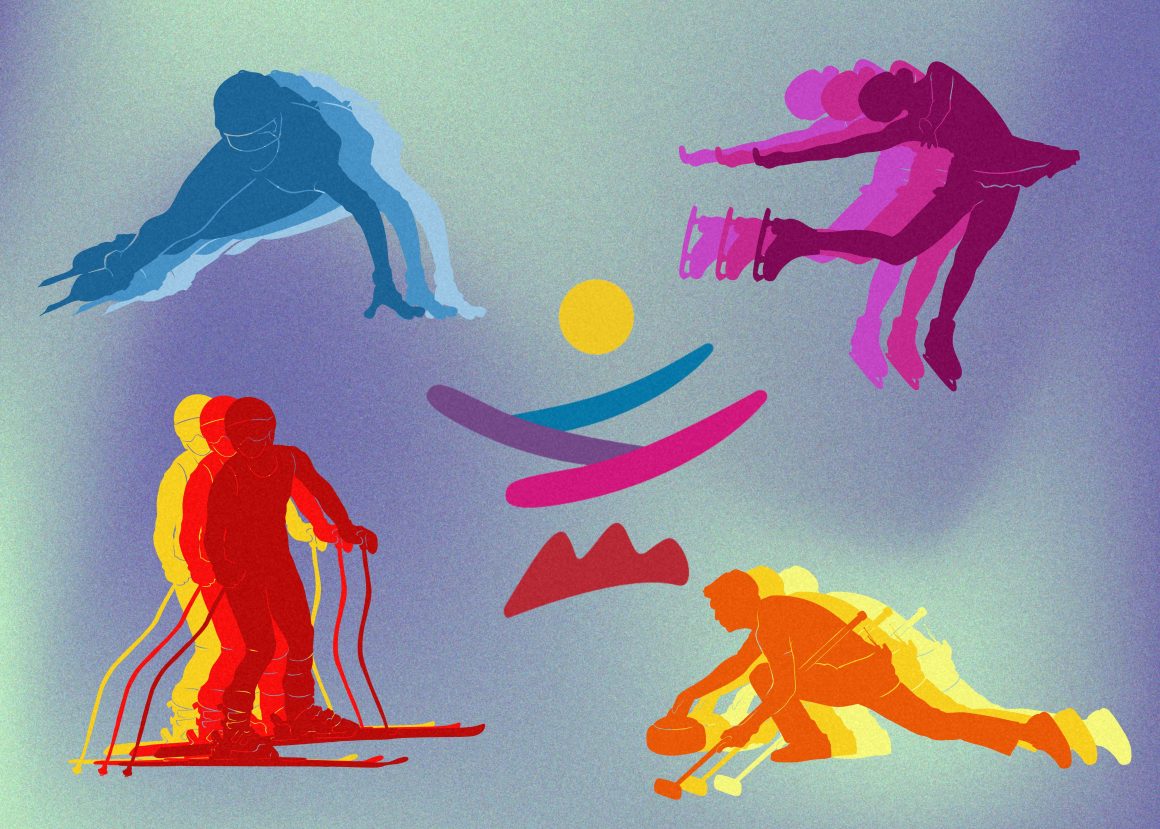
Championing inclusivity: The impact of Special Olympics and people-first Language
By Nicol Garzon, February 29 2024—
The Special Olympics have not only impacted the world of sports but also supported a linguistic transformation, advocating for the use of people-first language to emphasize the abilities and strengths of its athletes. As the 2024 Special Olympics Canada Winter Games approaches, the legacy of empowerment through language stands as a testament to the enduring impact of this transformative organization.
The roots of the Special Olympics can be traced back to the 1960s, spurred by Eunice Shriver Kennedy’s response to a mother’s plea for opportunities for her child with an intellectual disability. Kennedy established a summer camp tailored to children who often faced exclusion from recreational activities, not only addressing a significant gap but also igniting a movement towards equal opportunities for individuals with intellectual disabilities.
During this time, derogatory terms were prevalent in describing individuals with intellectual disabilities, reflecting a societal attitude that often overlooked their skills and pushed them to the margins. In a conscious effort to shift away from such stigmatizing language, Kennedy chose the term “special” when founding the Special Olympics in 1968. This deliberate choice aimed to emphasize the talents and strengths of athletes, rather than focusing on their disabilities.
Six decades later, the Special Olympics transcends athleticism, serving as a testament to the power of inclusivity. With over 5.5 million athletes participating in global competitions, the Special Olympics provides opportunities for individuals with intellectual disabilities to thrive, be active and enrich their lives through sports.
Embracing a philosophy that extends beyond the finish line, the Special Olympics also continues to play a crucial role in recognizing the importance of language in shaping perceptions and providing opportunities for the development of skills and talents. Nowadays, the term people-first language is increasingly popular and used to promote and acknowledge a person’s humanity and individuality and highlight their achievements on equal footing.
For instance, the Special Olympics offers a Special Olympics Terminology Guidelines, in which they encourage participants to be referred to as “Special Olympics athletes” rather than “Special Olympians” or “Special Olympic athletes.” This change emphasizes the personhood of the athletes, avoiding defining them solely by their intellectual disabilities. Furthermore, individuals are described as having intellectual disabilities, rather than being labeled as “intellectually disabled people.” This approach, akin to Kennedy’s original vision, emphasizes the individual ahead of their disability. It fosters compassionate and respectful communication while centering on individuality, respect and dignity.
It is through this lens of compassion and understanding that the Special Olympics continue to inspire meaningful change, challenging stereotypes and paving the way for not only a more inclusive world of sports, but also a more inclusive society.
The Special Olympics Canada Winter Games Calgary 2024 is taking place from Feb. 27 to Mar. 2, 2024. Athletes who made it through their Provincial and Territorial Games will compete in eight sports and seven venues across the city. 5-Pin Bowling at The Bowling Depot, Alpine Skiing at WinSport, Cross Country Skiing at Confederation Park Golf Course, Curling at North Hill Community Curling Club, Floor Hockey and Figure Skating at Seven Chiefs Sportsplex, Snowshoeing at Maple Ridge Golf Course, and finally Speed Skating at the university’s Olympic Oval.
